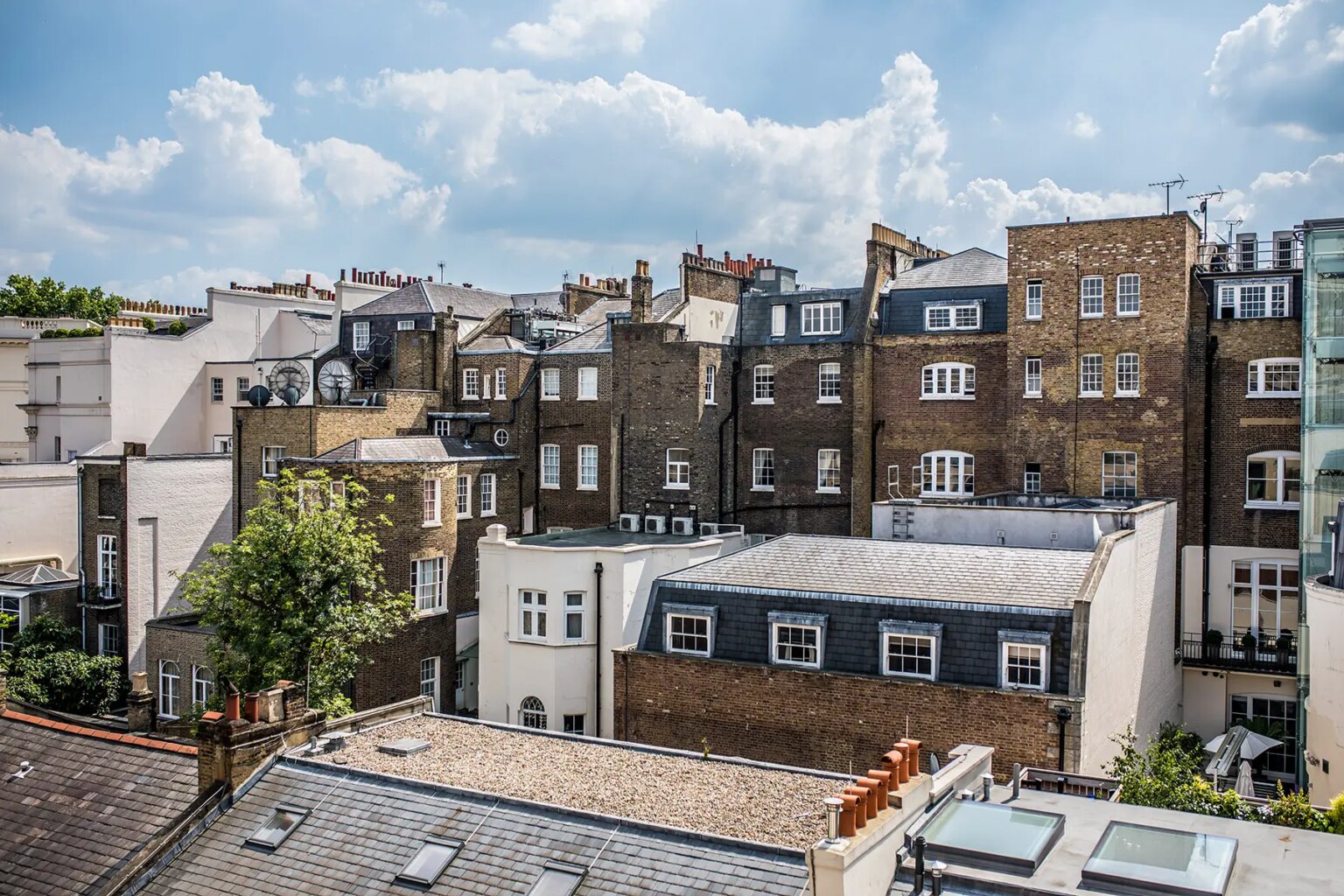When you want to move to the British capital, the first step is figuring out where to live in London. If you’re looking to rent in London, you’ll find that prices are high and are increasing. Rents in London, however, are less susceptible to the more dramatic rises of London’s house prices.
Your monthly salary affects where and what you can rent in London. The quality of individual property also plays a part in the cost of the rent. There’s rarely much negotiation involved in rent prices as landlords have little difficulty finding tenants. As such, you need to be flexible when looking for a property to rent in London.
Finding a home in London
When looking for accommodation in London, some people use a letting agent who deals professionally with rentals. Most high-street estate agents that sell properties also act as letting agents. Letting agents deal mostly with entire flats and houses. Simply looking in their windows or trawling their websites will give you a feel for the kind of property on the rental market.
Using a rental agency can take some of the hassle out of the search for accommodation. They usually follow standard procedures and make the search more efficient.
The downside is that you will probably pay slightly more in rent than when renting directly from a landlord. Some letting agents charge tenants if they successfully find them somewhere or have a paid registration scheme, while others only charge landlords. Letting agents who have signed up to the National Approved Letting Scheme have agreed to maintain certain standards. Therefore, these are the best ones to use.
If you are more interested in joining a flat-or house share, you will find these widely advertised on websites such as:
What’s included in rent
Rented accommodation generally comes complete with main kitchen appliances such as a fridge and washing machine. Some come with bedroom and living room furniture. Rent can either be ’inclusive’ or ’exclusive’ of bills. When an advertisement states bills inclusive, it generally means the rent covers the price of gas, electricity and water. In addition, check whether the rent includes council tax, a monthly payment to the local authority. Telephone bills will almost always be the tenant’s responsibility. Houses or apartments which come with a dedicated parking space are not very common and will command a premium in terms of rent. Likewise, it is only the properties at the most expensive end of the market which are likely to have facilities such as air conditioning, door staff or an on-site gym. Major repairs to the property are the landlord’s responsibility, as is the upkeep of gas appliances, which, by law, must be serviced annually. Tenants, for their part, have a duty to keep the property they are renting and its contents in good general order.
Deposits and leases
In the UK it is standard to put down a refundable deposit of at least one month’s rent and pay one month’s rent in advance before you move into a new place. You then continue to pay your rent in advance at monthly intervals. If you are renting a self-contained property on your own or as part of a group you will probably need to sign a legally binding agreement called an ’assured shorthold tenancy’.
This kind of tenancy covers a minimum of six months, with the agreement being renewable after this time. Within the initial six months the landlord or tenant must give one month’s notice if they wish you to leave, and two months’ notice once the contract has been extended beyond this time (unless the two parties come to a mutual agreement).
The rent should not go up during the first six months unless the tenancy agreement has a clause allowing for this or you agree to the increase. After this time you may well be subject to rent increases and you have little recourse (other than moving out) if you consider them unfair. The majority of house shares fall into a category called houses in multiple occupation and are governed by additional health and safety regulations, which are enforceable by the local council. If you are sharing accommodation with the person who owns it however, you have far fewer rights.
Landlord–tenant disputes
If you have any problems with your landlord, contact the Citizens Advice Bureau, a free advice service with local offices. Each local authority also has a tenancy relations officer who can intervene in landlord–tenant disputes. You can contact them via your local authority website or via gov.uk. There are a great many laws and regulations for landlords, especially governing health and safety, discrimination, and harassment. Therefore, it is always worth seeking advice if you believe you are being treated unfairly.
Housing help
It is fairly unusual for employers to provide assistance with accommodation in London. Such practices tend to be restricted to employers paying for temporary accommodation while new arrivals find their feet. More help with relocation and in-country orientation may well be on offer with more senior roles. However, there is state provision for help with finding affordable housing for those employed in ’key worker’ professions. These include the police, the health service, and social work. These provisions were brought in to stop such workers being priced out of London. For more information about affordable housing schemes as well as emergency housing assistance, see www.shelternet.org.uk.


